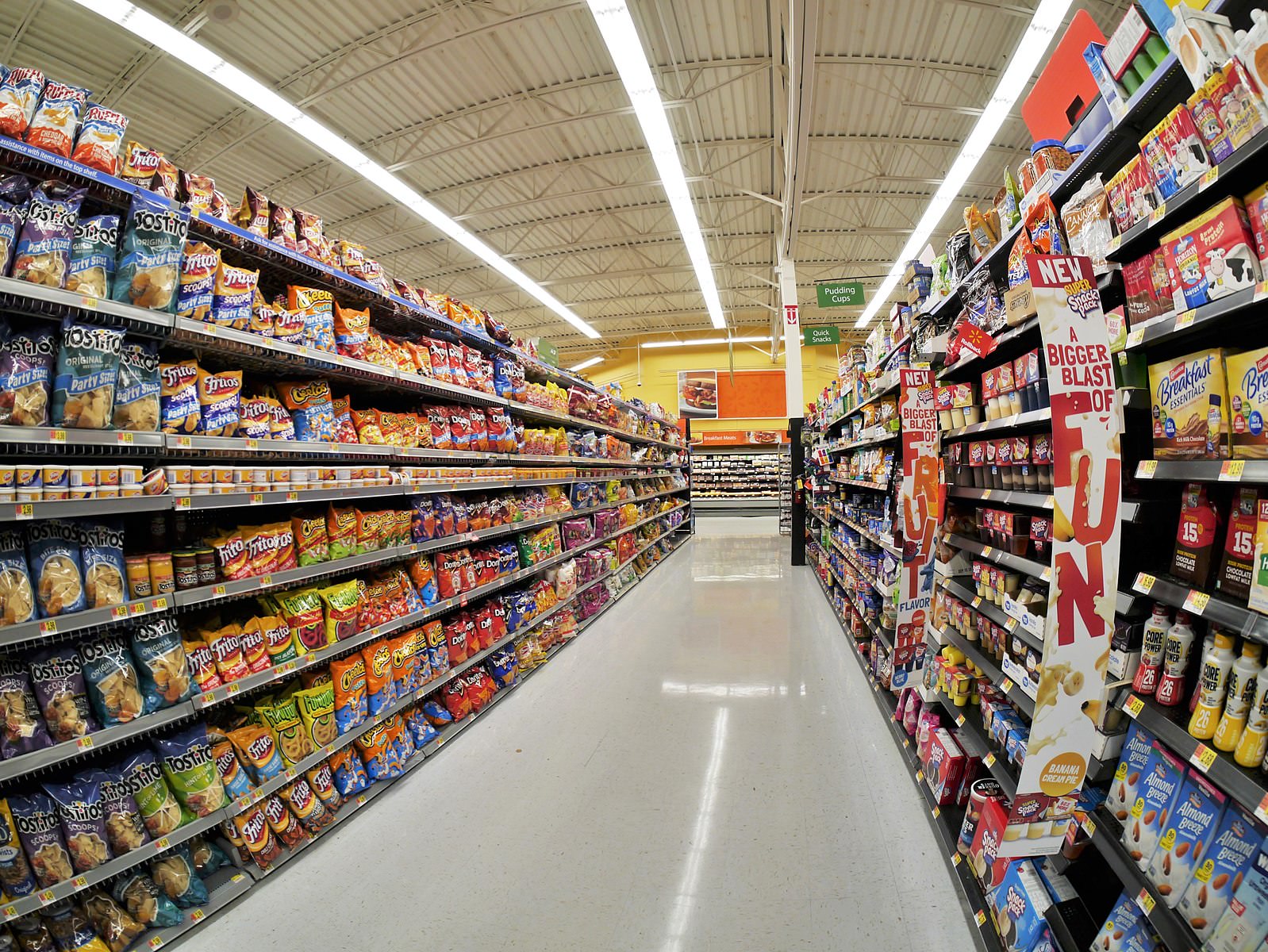Business
Weight-loss drugs spell doom for junk food giants
By Jake Beardslee · September 24, 2023
In brief…
- Morgan Stanley predicts up to 24 million Americans could be taking new weight-loss drugs such as Ozempic and Wegovy by 2035.
- These drugs may substantially reduce demand for unhealthy foods such as candy, baked goods, sugary drinks, and fast food.
- Junk-food purveyors such as Mondelez and Nestle, along with fast-food chains, could see billions in lost revenue as obesity declines.
- Rival weight-loss companies are already struggling to compete with the new prescription medications.

The rise of new-age weight-loss drugs like Ozempic and Wegovy could spell trouble for junk food companies.
These medications, which reduce cravings and promote feelings of fullness, could dramatically cut into sales of unhealthy comfort, snack, and fast foods.
A recent analysis by Morgan Stanley estimates that 7% of Americans - 24 million people - will be taking these drugs by 2035. Their research suggests that patients prescribed the medications will cut their consumption of candy, baked goods, and other junk food by 75%.
“The food, beverage and restaurant industries could see softer demand, particularly for unhealthier foods and high-fat, sweet and salty options,” said Morgan Stanley’s tobacco and packaged food analyst Pamela Kaufman.
The medications can lead to a 20% to 30% drop in daily caloric intake, mostly from high-sugar and high-fat foods. This would have a material impact on junk food producers such as Mondelez International, Nestle, and Kraft Heinz.
Morgan Stanley’s survey found that 73% of people on the drugs ate less candy, 70% consumed fewer sugary drinks, 69% ate fewer cookies, and 67% snacked on fewer salty foods.
The fast-food industry would also be affected, with experts projecting a 1-2% drop in sales by 2035 for chains such as McDonald’s, Burger King, and KFC. While small, this equates to $7 billion in lost revenue.
Two-thirds of Americans on weight-loss medications also drink less alcohol, with nearly one-quarter abstaining completely. Analysts predict a consequent 2% decline in consumption for alcohol companies by 2035.
Companies that make products to treat obesity-related illnesses such as sleep apnea and joint problems may also see declining sales as obesity rates fall. Rival weight-loss companies are already struggling to compete with the new drugs.
In the same way that anti-smoking campaigns slashed revenues for tobacco companies a generation ago, weight-loss drugs could prove to be a downer for the half-trillion-dollar junk-food industry.